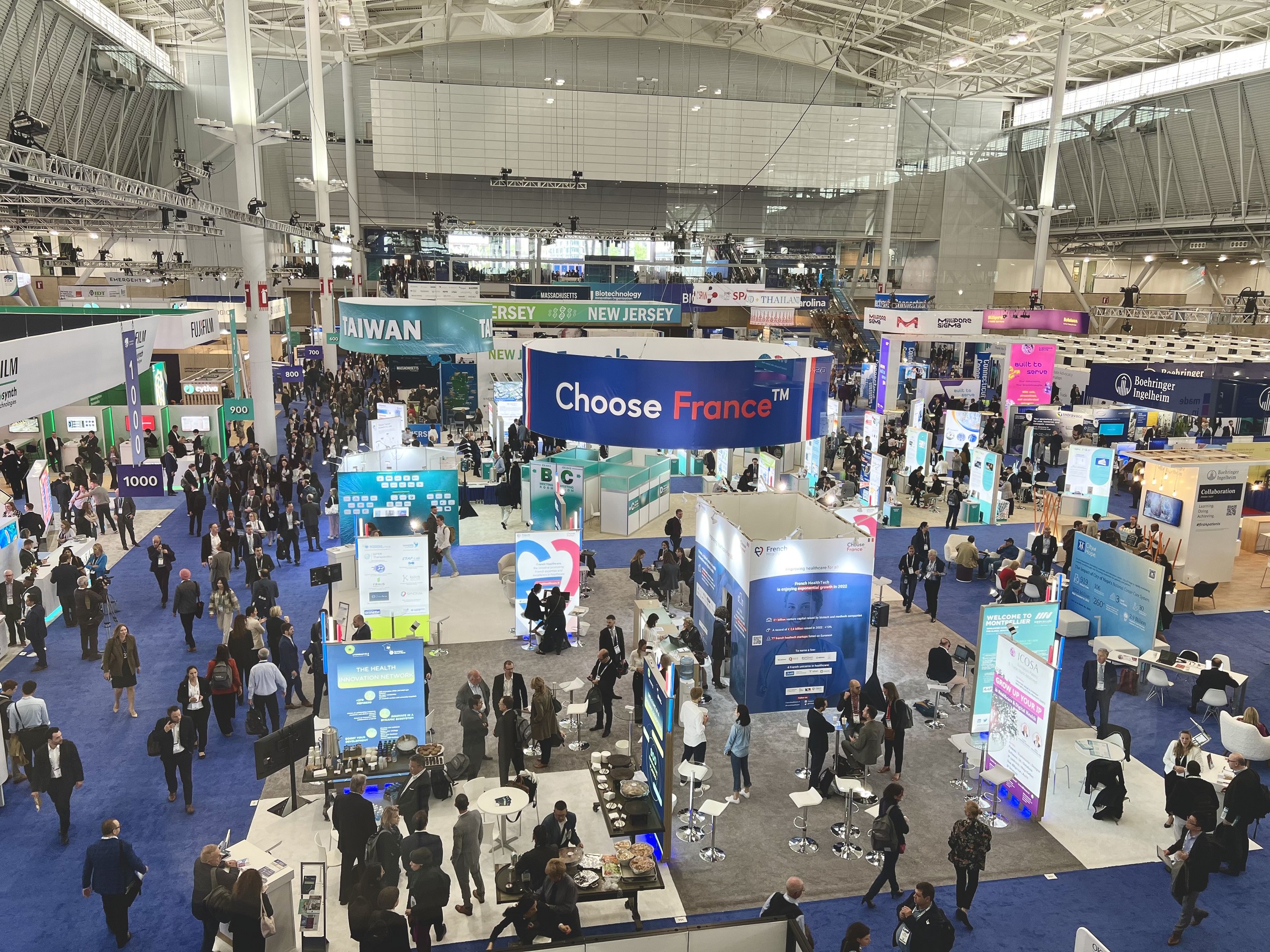One year after the end of the first national cross-disciplinary program initiated by Inserm, AgeMed (started in 2016), the Research Institute inaugurated InterAging, an international Thematic Coordination Program on aging, for the next five years. The aim is twofold – firstly to understand how our cells age and secondly to come up with new strategies for staying healthier, longer.
AgeMed has already enabled “the emergence of a research community,” as stated by Eric Gilson, its Scientific Coordinator and Director of the Nice Institute for Research on Cancer and Aging (IRCAN). Some twenty French research laboratories are working together and the results are promising.
Inserm has made €750,000 available to finance four dissertations by international students, and any exchanges and interactions between all the teams involved in the program. These dissertations bring together French and foreign laboratories (Singapore, Germany, China and, in all likelihood, the UK). A further aim of InterAging is to broaden the spectrum of collaboration and communication in this respect (conferences, articles, etc.).
“The time is right for the creation of an international coalition to expand our knowledge of the biology of aging and to respond to the challenges it poses at the global level. With InterAging, Inserm is now a driving force in this area,” Eric Gilson, Scientific Coordinator of InterAging.
Over the last two decades in particular, science has made remarkable progress regarding our understanding of aging, notably as a result of the discovery of senescence. This physiological process leads to a slow deterioration of cellular functions that causes organisms to age. Senescence causes a whole range of age-related pathologies (Alzheimer’s and other neurodegenerative diseases, cardiovascular diseases, certain cancers, etc.). It offers unprecedented avenues of research to a large number of public and private laboratories, in fundamental and applied research, in France and worldwide.
The areas of research into senescence are indeed vast: How to control it? How to prevent the start of cellular senescence? How to kill senescent cells? How to modify their program? How to replace them? “The opportunities and applications are clear, not only from a medical point of view – we could age without having to experience severely disabling diseases,” said Eric Gilson, Scientific Coordinator of InterAging, enthusiastically.







